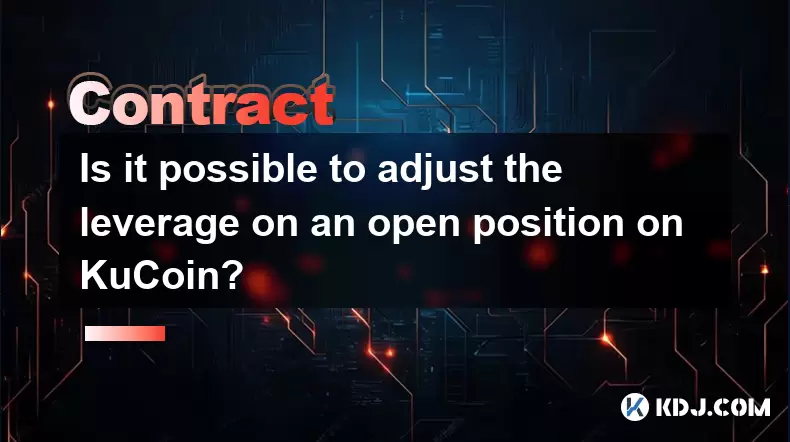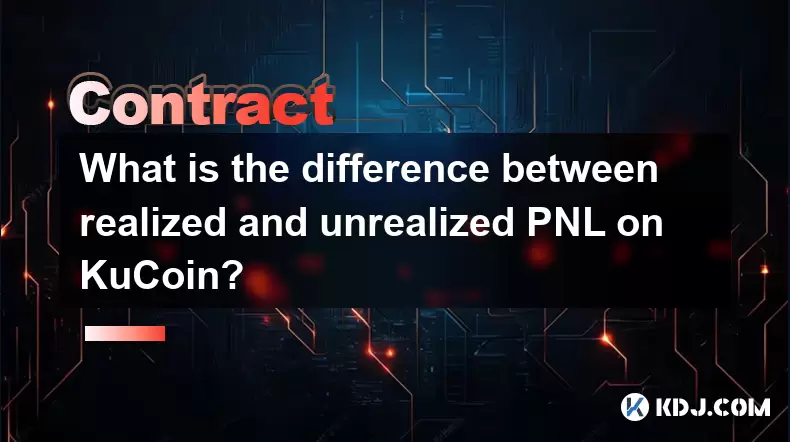-
 Bitcoin
Bitcoin $117700
-1.00% -
 Ethereum
Ethereum $4458
-3.91% -
 XRP
XRP $3.119
0.14% -
 Tether USDt
Tether USDt $1.001
-0.02% -
 BNB
BNB $836.6
-1.56% -
 Solana
Solana $189.5
-3.90% -
 USDC
USDC $0.9998
-0.02% -
 Dogecoin
Dogecoin $0.2335
1.29% -
 Cardano
Cardano $0.9642
1.51% -
 TRON
TRON $0.3539
-1.19% -
 Hyperliquid
Hyperliquid $47.41
-1.84% -
 Chainlink
Chainlink $21.92
-3.28% -
 Stellar
Stellar $0.4286
-0.23% -
 Sui
Sui $3.724
-3.29% -
 Bitcoin Cash
Bitcoin Cash $594.8
-0.78% -
 Ethena USDe
Ethena USDe $1.001
0.04% -
 Hedera
Hedera $0.2501
-2.06% -
 Avalanche
Avalanche $23.96
-4.87% -
 Litecoin
Litecoin $119.0
-2.32% -
 Toncoin
Toncoin $3.473
0.82% -
 UNUS SED LEO
UNUS SED LEO $9.596
0.17% -
 Shiba Inu
Shiba Inu $0.00001301
-0.39% -
 Uniswap
Uniswap $11.03
-0.25% -
 Polkadot
Polkadot $3.935
-2.62% -
 Dai
Dai $1.000
0.01% -
 Bitget Token
Bitget Token $4.564
-1.76% -
 Cronos
Cronos $0.1512
-4.11% -
 Ethena
Ethena $0.7306
-1.09% -
 Pepe
Pepe $0.00001087
-2.68% -
 Aave
Aave $300.2
-4.00%
What is the difference between contract trading and leverage trading?
Contract trading involves the buying and selling of standardized contracts with predetermined prices and delivery dates, while leverage trading uses borrowed funds to magnify potential returns on a trade.
Dec 03, 2024 at 02:55 am

What is the difference between contract trading and leverage trading?
Contract trading and leverage trading are two distinct financial instruments used in different market contexts. While both offer investors the potential to increase their returns, they operate on different principles and carry varying levels of risk. Understanding the distinctions between these two trading methods is crucial for investors seeking to make informed decisions.
Contract Trading
Contract trading involves the buying and selling of standardized contracts that represent an underlying asset, such as a stock, commodity, or currency. These contracts obligate the buyer to purchase the underlying asset at a predetermined price on a specific date, while the seller is obligated to deliver the asset at the agreed-upon time.
Key Characteristics:
- Standardized Contracts: Contracts are created with standardized terms, including the contract size, underlying asset, and expiration date. This standardization allows for efficient trading and liquidity.
- Physical Delivery: In most cases, contract trading results in the physical delivery of the underlying asset. However, some contracts may provide for cash settlement instead.
- Leverage: Leverage is typically not employed in contract trading. Investors are only able to trade up to the face value of their contracts.
- Risk Management: Contract trading carries lower risks than leverage trading, as investors are required to maintain a margin balance equal to the contract's value.
Advantages:
- Lower Risk: Contract trading involves less risk than leverage trading, as investors are not borrowing funds.
- Physical Asset Acquisition: Contract trading allows investors to acquire the underlying asset if desired.
Disadvantages:
- Limited Leverage: Contract trading does not offer leverage, which limits the potential for higher returns.
- Expiration Risk: Contracts have specific expiration dates, which can limit trading flexibility.
Leverage Trading
Leverage trading utilizes borrowed funds to increase the potential returns on a trade. Investors use leverage to gain exposure to assets that they may not otherwise be able to afford. This significantly amplifies both the potential gains and losses associated with the trade.
Key Characteristics:
- Borrowed Funds: Leverage trading involves borrowing funds from a broker or exchange to enhance the position size. This allows investors to trade with more capital than they initially possess.
- Magnified Returns: Leverage trading can result in magnified returns, as the profits (or losses) are calculated based on the total position size, including borrowed funds.
- Increased Risk: Leverage trading carries significantly higher risk than contract trading. Losses can exceed the initial investment.
- Margin Calls: If the value of the underlying asset falls below a certain level, the broker may issue a margin call, requiring the investor to deposit additional funds to cover the losses.
Advantages:
- Higher Potential Returns: Leverage can amplify the potential returns on a trade, making it an attractive option for experienced investors seeking high returns.
- Increased Flexibility: Leverage trading provides greater flexibility, as investors can close positions at any time.
Disadvantages:
- Higher Risk: Leverage trading involves greater risk, as losses can exceed the initial investment.
- Margin Calls: Margin calls can force investors to deposit additional funds or liquidate their positions, potentially resulting in significant losses.
Choosing the Right Trading Method
The choice between contract trading and leverage trading depends on the individual investor's risk tolerance, investment objectives, and trading experience. Contract trading is generally suitable for investors seeking lower risk and physical asset acquisition, while leverage trading is more appropriate for experienced investors seeking higher potential returns and greater flexibility.
Disclaimer:info@kdj.com
The information provided is not trading advice. kdj.com does not assume any responsibility for any investments made based on the information provided in this article. Cryptocurrencies are highly volatile and it is highly recommended that you invest with caution after thorough research!
If you believe that the content used on this website infringes your copyright, please contact us immediately (info@kdj.com) and we will delete it promptly.
- Kazakhstan's Crypto Leap: Bitcoin ETF and Central Asia's Digital Finance Future
- 2025-08-13 12:45:19
- BlockDAG Presale Blazes Past $371M: Fundraising Frenzy Fuels Crypto Sensation
- 2025-08-13 13:05:21
- Meme Coins: Chasing the 2025 Surge – Which Will Moonshot?
- 2025-08-13 10:25:23
- Bitcoin's Wild Ride: Rally, Pullback, and What's Next
- 2025-08-13 10:25:23
- Bitcoin, Bitmax, and Institutional Demand: A New Era of Crypto Investment
- 2025-08-13 10:45:12
- Solana, ROAM, and Airdrops: What's the Buzz in 2025?
- 2025-08-13 11:35:13
Related knowledge

Is it possible to adjust the leverage on an open position on KuCoin?
Aug 09,2025 at 08:21pm
Understanding Leverage in KuCoin Futures TradingLeverage in KuCoin Futures allows traders to amplify their exposure to price movements by borrowing fu...

What cryptocurrencies are supported as collateral on KuCoin Futures?
Aug 11,2025 at 04:21am
Overview of KuCoin Futures and Collateral MechanismKuCoin Futures is a derivatives trading platform that allows users to trade perpetual and delivery ...

What is the difference between realized and unrealized PNL on KuCoin?
Aug 09,2025 at 01:49am
Understanding Realized and Unrealized PNL on KuCoinWhen trading on KuCoin, especially in futures and perpetual contracts, understanding the distinctio...

What different order types are available to use on KuCoin Futures?
Aug 13,2025 at 11:35am
Understanding Order Types on KuCoin FuturesKuCoin Futures offers a comprehensive range of order types to accommodate different trading strategies and ...

How does KuCoin Futures compare against Binance Futures in terms of features?
Aug 09,2025 at 03:22am
Trading Interface and User ExperienceThe trading interface is a critical component when comparing KuCoin Futures and Binance Futures, as it directly i...

How can I manage risk when applying high leverage on KuCoin?
Aug 13,2025 at 11:35am
Understanding High Leverage and Its Implications on KuCoinHigh leverage in cryptocurrency trading allows users to control larger positions with a rela...

Is it possible to adjust the leverage on an open position on KuCoin?
Aug 09,2025 at 08:21pm
Understanding Leverage in KuCoin Futures TradingLeverage in KuCoin Futures allows traders to amplify their exposure to price movements by borrowing fu...

What cryptocurrencies are supported as collateral on KuCoin Futures?
Aug 11,2025 at 04:21am
Overview of KuCoin Futures and Collateral MechanismKuCoin Futures is a derivatives trading platform that allows users to trade perpetual and delivery ...

What is the difference between realized and unrealized PNL on KuCoin?
Aug 09,2025 at 01:49am
Understanding Realized and Unrealized PNL on KuCoinWhen trading on KuCoin, especially in futures and perpetual contracts, understanding the distinctio...

What different order types are available to use on KuCoin Futures?
Aug 13,2025 at 11:35am
Understanding Order Types on KuCoin FuturesKuCoin Futures offers a comprehensive range of order types to accommodate different trading strategies and ...

How does KuCoin Futures compare against Binance Futures in terms of features?
Aug 09,2025 at 03:22am
Trading Interface and User ExperienceThe trading interface is a critical component when comparing KuCoin Futures and Binance Futures, as it directly i...

How can I manage risk when applying high leverage on KuCoin?
Aug 13,2025 at 11:35am
Understanding High Leverage and Its Implications on KuCoinHigh leverage in cryptocurrency trading allows users to control larger positions with a rela...
See all articles

























































































